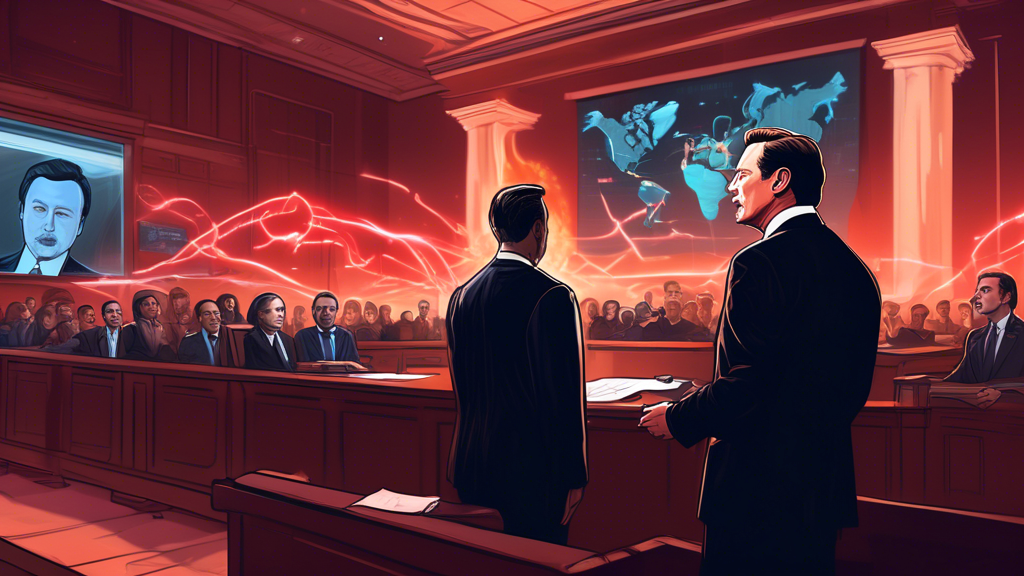
Court Halts California Deepfakes Legislation Igniting Musk-Newsom Dispute
In a significant legal ruling, a U.S. District Judge has issued a preliminary injunction against California’s recently passed deepfakes law, Assembly Bill 2839, which aimed to regulate AI-generated content during election periods. This decision has sparked a heated public debate involving tech entrepreneur Elon Musk and California Governor Gavin Newsom.
Federal Judge’s Ruling
Judge John A. Mendez ruled that the law likely violates the First Amendment, stating that it is overly broad and disproportionately limits creative expression and public discourse. The ruling likens the law to a blunt tool that disrupts the free exchange of ideas rather than a precise measure tailored to effectively manage the challenges posed by deepfakes.
Constitutional Concerns
The judge emphasized that the legislation lacked the necessary narrow tailoring required for content-based laws under strict scrutiny. He pointed out that the law stifles not only potentially deceptive media but also legitimate forms of expression such as humor and satire.
Background of the Law
Governor Gavin Newsom initiated a proactive approach towards addressing the threat of deepfake technology in electoral processes by signing three bills aimed at regulating deceptive media. Assembly Bill 2839 specifically prohibited the distribution of materially deceptive audio or visual media of any candidate within 120 days leading up to an election and up to 60 days after that election. Additionally, it granted candidates the right to pursue court orders for the removal of deceptive deepfake content and to seek damages from its distributors.
Parody and Satire Exceptions
While the law did include protections for parody and satire that were adequately labeled, the judge found the overall restrictions excessive. This decision came on the heels of a controversial AI-generated parody video created by Christopher Kohls, which imitated Vice President Kamala Harris’s voice and garnered attention after Musk shared it widely.
Reaction and Public Debate
Following the court’s decision, Elon Musk celebrated the ruling, asserting it as a triumph for free speech rights. Through social media, Musk articulated a stance that echoes the broader sentiments surrounding freedom of expression amidst digital transformations. Conversely, Governor Newsom’s office expressed confidence that the legal system would affirm California’s capacity to regulate deepfakes, highlighting the necessary balance between safeguarding democracy and upholding free speech.
Other Related Laws
Despite the halt on AB 2839, two additional laws focusing on the responsibilities of online platforms and campaign groups in managing deepfake content, namely AB 2655 and AB 2355, remain on track to be implemented next year without interruption from the ruling.
Legal Arguments
In the ongoing legal discourse, plaintiffs emphasized that alternative measures, such as counter-speech, present a less restrictive avenue for addressing harmful deepfakes. The court acknowledged the state’s legitimate interest in protecting electoral integrity but concluded that the law’s limitations on speech did not appropriately meet constitutional criteria.
This ruling represents a pivotal moment in the ongoing conversations around technology, regulation, and free expression, setting a benchmark for how society navigates the complexities of AI-generated content in politically sensitive contexts.
